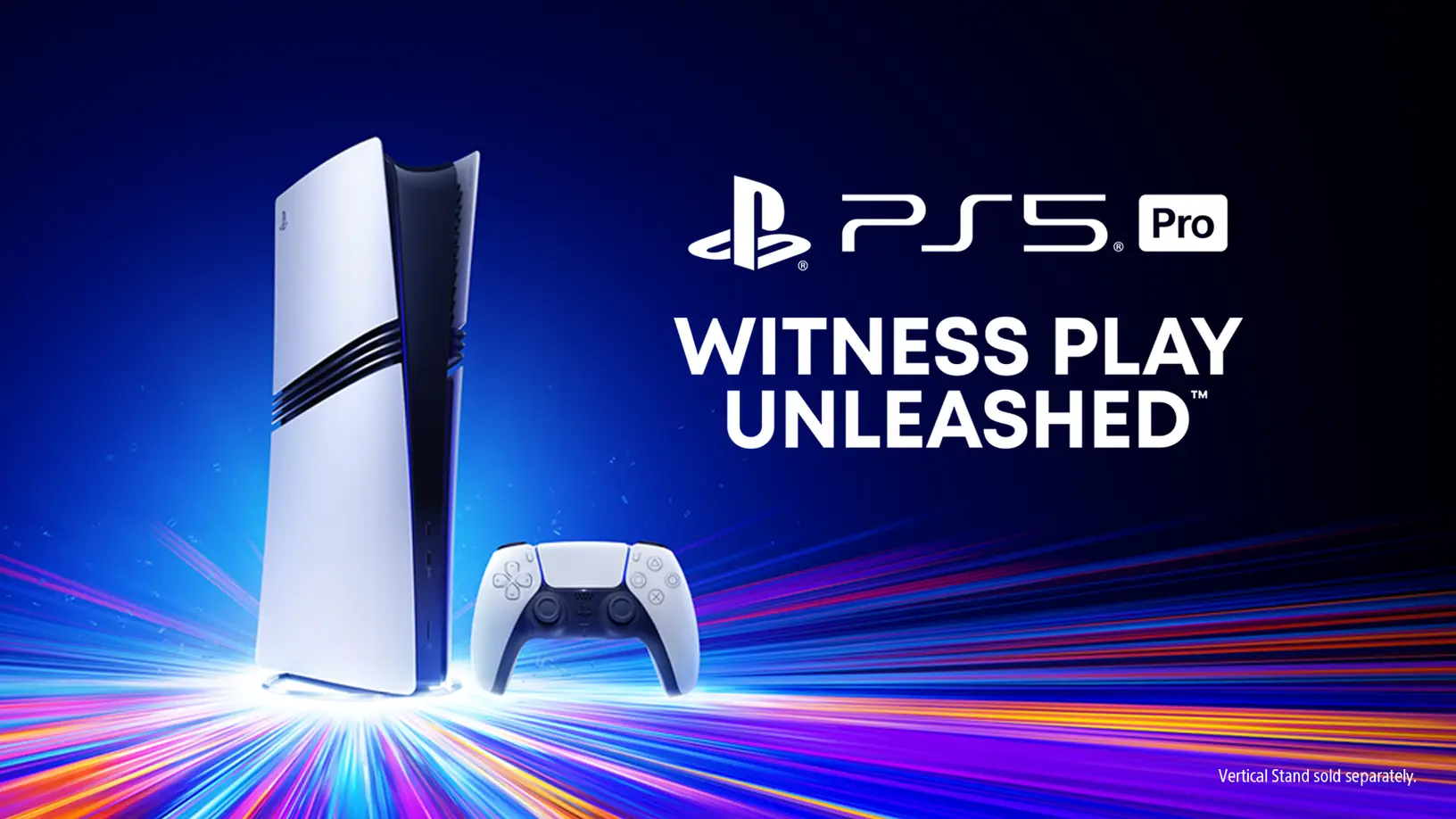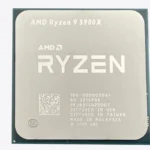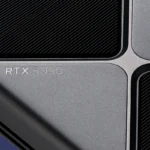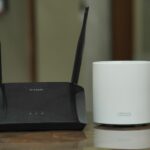The PlayStation 5 (PS5) is significantly outperforming the Xbox Series X/S in sales, with a 5-to-1 ratio reported this November. This trend highlights a shift in the gaming industry, suggesting strong consumer preference for the PS5.
As both Sony and Microsoft strategize for future competition, the current sales figures may indicate lasting changes in the console market landscape. The ongoing battle between PlayStation and Xbox could see Sony emerging as the dominant force in the next generation of gaming.
PlayStation 5’s Market Lead
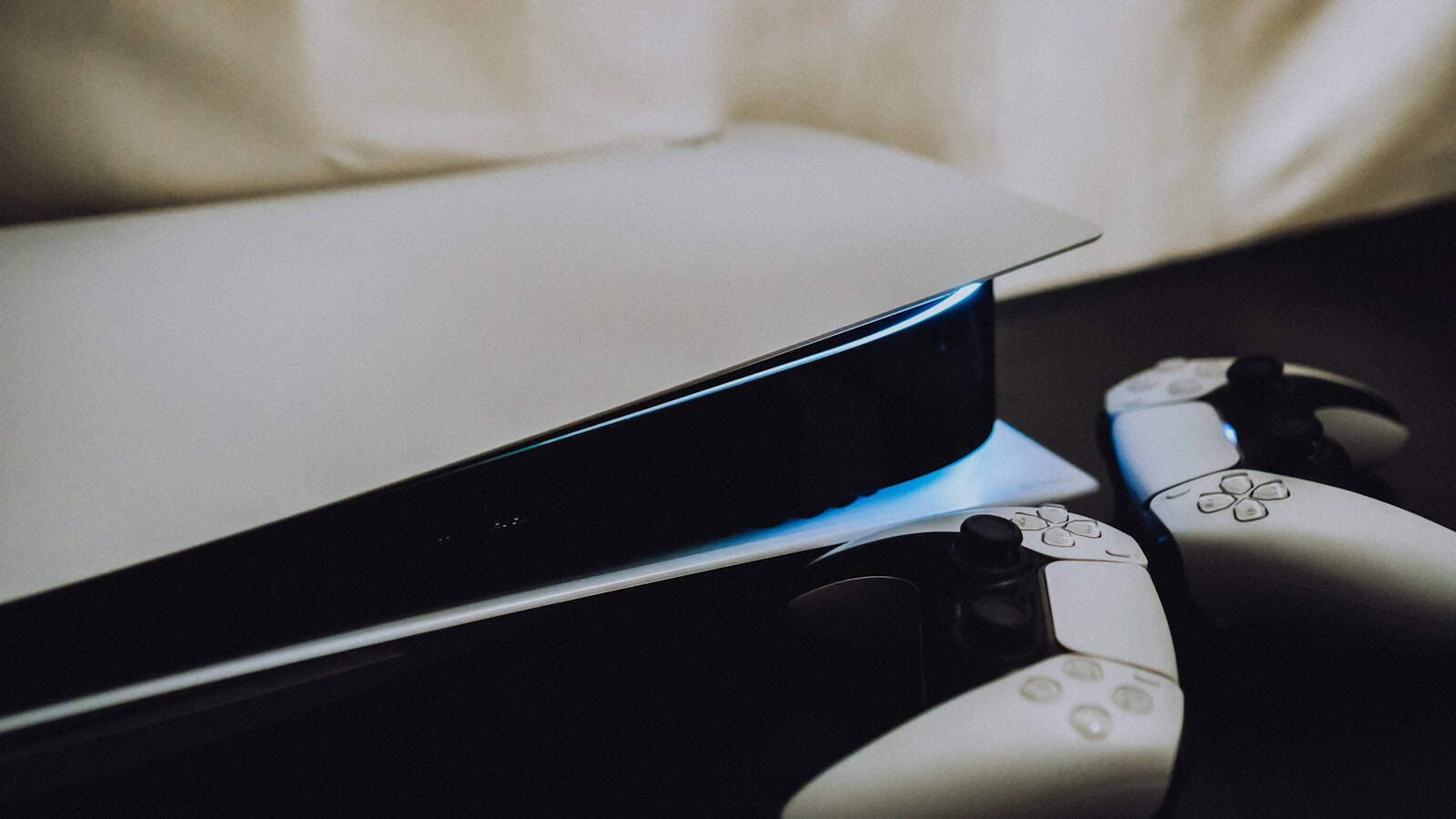
Sales Figures and Market Share
Recent data paints a clear picture: the PlayStation 5 (PS5) holds a commanding lead over the Xbox Series X|S in terms of global sales. Estimates suggest the PS5 enjoys a sales advantage exceeding 5 to 1. This significant difference reflects various market dynamics at play. While both consoles launched in late 2020 and initially struggled with supply shortages, Sony appears to have navigated these challenges more effectively, ensuring greater availability of the PS5.
Factors Contributing to PS5’s Success
Several factors likely fuel the PS5’s dominance. First, PlayStation has a long history and strong brand loyalty. Many gamers grew up with PlayStation consoles and continue to favor the brand. Second, Sony has focused on delivering high-profile exclusive games. Titles like *Spider-Man 2*, *God of War Ragnarök*, and *Horizon Forbidden West* are only available on PlayStation platforms. This strategy of offering unique gaming experiences attracts a large audience. Finally, while both companies faced supply chain problems, Sony’s production ramped up more effectively in recent times.
Xbox’s Position and Future Outlook
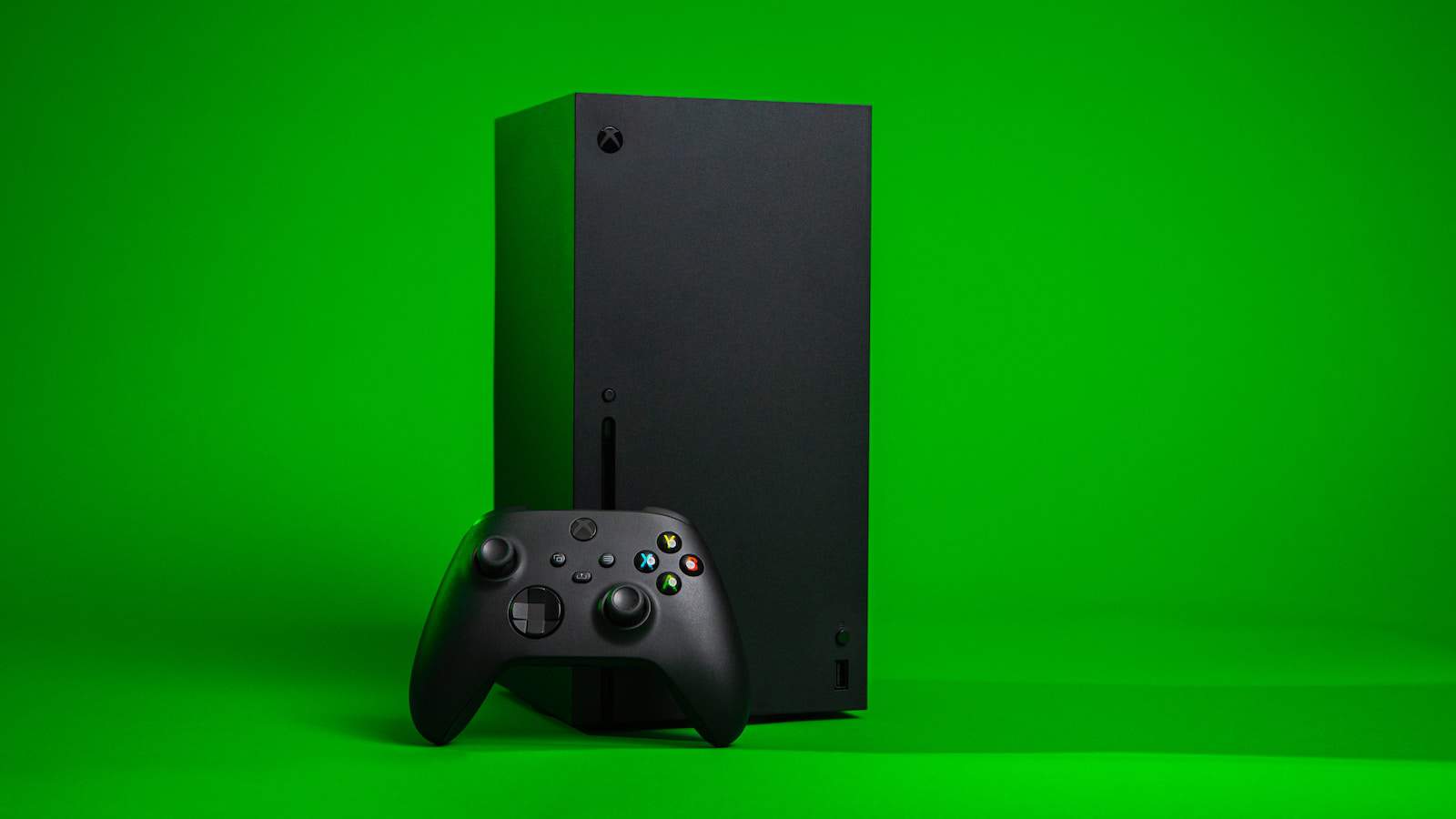
Despite the current sales disparity, Xbox remains a strong competitor. Microsoft’s acquisition of Bethesda Softworks and its continued investment in Xbox Game Pass, a subscription service offering access to a large library of games, show a commitment to the gaming market. Game Pass provides great value and attracts many players. The long-term impact of these strategies on market share remains to be seen. The console market is dynamic, and shifts in consumer preferences and future game releases can influence the competitive landscape.
Comparison Table
| Feature | PlayStation 5 | Xbox Series X|S |
|---|---|---|
| Estimated Sales Advantage | 5 to 1 (approx.) | N/A |
| Key Exclusive Titles | Spider-Man 2, God of War Ragnarök, Horizon Forbidden West | Starfield, Forza Motorsport |
| Key Services | PlayStation Plus | Xbox Game Pass |
| Manufacturer | Sony Interactive Entertainment | Microsoft |
The console market is constantly evolving. While the PS5 holds a substantial lead currently, the future remains open. New games, services, and hardware revisions can shift the balance. Both Sony and Microsoft continue to invest in the gaming space, promising ongoing competition and innovation.
Short Summary:
- The PS5 outsells the Xbox Series X/S nearly fivefold in recent reports.
- Analyst estimates suggest Microsoft’s hardware sales are substantially lagging behind Sony’s.
- Microsoft’s strategy is shifting toward software and subscription models, particularly Xbox Game Pass.
In a striking turn of events this November, sales figures show the PlayStation 5 (PS5) dramatically outpacing the Xbox Series X and Series S. According to industry analysts, the PS5 has achieved an extraordinary sales ratio of almost 5-to-1 compared to its Xbox counterparts in the past quarter. This development comes amid both Sony and Microsoft releasing their latest financial reports, painting a concerning picture for Microsoft’s hardware division.
Notably, while both companies reported declines in console sales — Sony showing a 29% decrease and Microsoft citing a 31% drop — the figures reveal a significant disparity in unit shipments. Sony managed to ship approximately 4.5 million PS5 consoles in the last quarter, while estimates suggest that Microsoft’s Xbox Series X/S could have shipped around only 800,000 to 900,000 units.
“In this past quarter, the estimate indicates that PS5 units shipped is close to five times more than the Xbox Series X/S,”- Daniel Ahmad, Analyst at Niko Partners
These sales estimates hint at a much broader issue for Microsoft, which has struggled to establish itself in the current generation of gaming consoles. Historically, the PS5 has outsold previous Xbox models, and recent trends suggest that this gap is only going to widen. As reported, since the launch of the PS5 in late 2020, it has amassed over 61 million units sold while Microsoft’s Xbox Series X/S models reportedly sold around 28 million units during the same timeframe.
The reasons behind this sales divide are multifaceted. Microsoft has made strategic shifts in its focus, especially surrounding its digital offerings. As observed by gaming experts, technology and market trends are heavily influencing this competitive landscape.
Market Dynamics and Financial Insights
In analyzing these finances, it appears that Microsoft is not only facing challenges in the hardware sector, but its Game Pass subscription model — once seen as a game-changer — is plateauing. Phil Spencer, the head of Xbox at Microsoft, has previously acknowledged that moving forward, the company is prioritizing software over hardware in a bid to remain competitive in the gaming space. This was evident when Microsoft stated publicly, in a financial filing related to its acquisition of Activision Blizzard, that it had “lost the console wars” against Sony and Nintendo.
This admission highlights an ongoing concern that Sony’s dominance is deeply rooted in compelling exclusive titles, superior marketing strategies, and its ability to harness strong community engagement. “The PlayStation brand continues to resonate with gamers on a global scale,” said a gaming analyst who asked to remain anonymous. “These exclusive experiences are hard for Xbox to match.”
Furthermore, the introduction of products such as the PS5 Pro, set to release on November 7, 2024, could further solidify Sony’s market lead. With upgrades to performance and graphics, it is anticipated that the PS5 Pro will attract gamers looking for enhanced experiences.
“The PlayStation 5 has consistently ranked high on global sales charts since its release,”- Industry Analyst
Technological Differences and Consumer Preferences
As the console landscape evolves, several technical differences also contribute to consumer preferences. The PS5’s hardware capabilities offer remarkable processing power and high-speed SSD technology, which translates to short loading times and impressive graphics quality. Meanwhile, although the Xbox Series X boasts similar technical specifications, its performance in attracting consumers has faltered, partly due to perceived issues with its game library and a lower selection of exclusive titles.
The “console wars” might appear to follow a relatively predictable pattern; however, the ongoing shift toward digital services and cloud gaming complicates matters. Microsoft has been making significant investments in its cloud gaming capabilities, emphasizing its vision of “Xbox anywhere,” which contemplates providing gaming as a service rather than solely through physical hardware.
Game Pass and Other Strategic Initiatives
The Xbox Game Pass continues to garner favorable attention, offering a wealth of games for a monthly fee. This subscription service is arguably more lucrative for Microsoft than individual hardware sales, fostering a culture of diverse gaming access. Yet, the numbers indicate that Xbox Game Pass subscriptions could experience a ceiling due to dwindling hardware sales and a greater reliance on PC gamers who gravitate toward Steam and other platforms.
Microsoft must now navigate a challenging period characterized by stagnant hardware sales, even as they continue to develop new consoles and enhance their game pipeline. However, industry experts are wary, suggesting that if Microsoft’s current practices do not pivot, they could find themselves in a precarious situation where their software-centric approach fails to compensate for declining hardware market share.
Possible Future Directions
Despite the grim outlook, Microsoft remains undeterred in its commitment to the console realm. The company has long been rumored to explore a cloud-centric gaming device akin to the Nintendo Switch or a console devoid of a traditional hard drive dedicated solely to cloud gaming. However, as stated by prominent analyst Daniel Ahmad, “The notion of scaling back on hardware sales might seem solid, but the crash in unit sales cannot be easily ignored.”
This brings forth an essential inquiry: will the gaming community accept a future where gaming experiences are not tied to traditional consoles but instead come via digital ecosystems? The strength of this transition relies heavily on consumer behavior — a factor that remains unpredictable.

